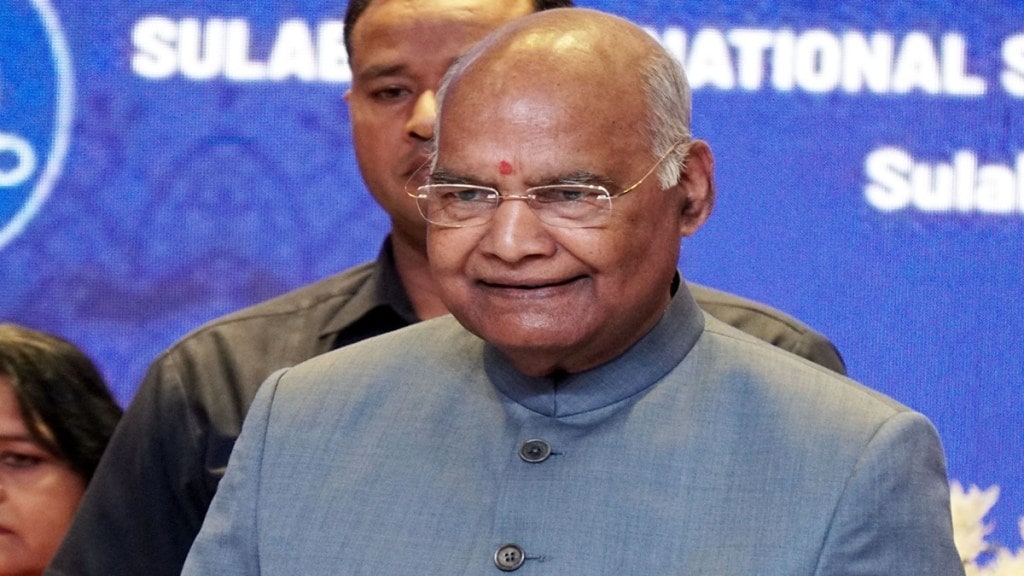The Union government on Saturday announced the formation of an eight-member high-level committee headed by former President Ram Nath Kovind that would study the feasibility of holding simultaneous elections to the Lok Sabha, state assemblies, municipalities and panchayats, and make recommendations “at the earliest”.
The notification said the panel will commence functioning immediately, however, it did not specify a timeframe for submitting the report.
The panel will consist of Home Minister Amit Shah, Congress leader in Lok Sabha Adhir Ranjan Chowdhury, former leader of the opposition in Rajya Sabha Ghulam Nabi Azad and former finance commission chairman N K Singh, former Lok Sabha Secrertary General Subhash C Kashyap, senior advocate Harish Salve and former Chief Vigilance Commissioner Sanjay Kothari.
However, in a letter to Shah on Saturday evening, Adhir Ranjan declined to be part of the panel.
“I have no hesitation whatsoever in declining to serve on the Committee whose terms of reference have been prepared in a manner to guarantee its conclusions. It is, I am afraid, a total eyewash,” he said in the letter.
The high-level committee will consist of Arjun Ram Meghwal who will attend the meetings of the committee as a special invitee, while Law Secretary Niten Chandra will be the secretary to the panel.
The Committee comes two days after the government called for a five-day Special Session of the Parliament from September 18-22, however, the agenda is kept under wraps. The announcement came when the INDIA alliance’s two-day meeting was underway in Mumbai, catching Opposition leaders by surprise.
Stating that “…in the national interest it is desirable to have simultaneous elections”, the Law Ministry’s notification outlined a seven-point terms of reference for the panel.
The committee will examine and recommend specific amendments to the Constitution, the Representation of the People Act and any other laws and rules which would require amendments for the purpose of holding simultaneous elections. The Constitution mandates a fixed five-year term for Lok Sabha and state assemblies.
It has also been tasked to suggest a framework for synchronisation of elections and “specifically suggest the phases and timeframe within which simultaneous elections may be held if they cannot be held in one go…” It will also examine and recommend if the amendments to the Constitution would require ratification by the states.
Certain amendments to the Constitution require ratification by at least 50 per cent of the state assemblies.
The committee has also been asked to recommend “necessary safeguards for ensuring the continuity of the cycle of simultaneous elections and recommend necessary amendments to the Constitution so that the cycle of simultaneous elections is not disturbed”.
It is also required to examine if any constitutional amendment is required to be ratified by the states, and analyse and recommend “possible solution in a scenario of simultaneous elections emerging out of a hung House, adoption of no-confidence motion, or defection, or any such other event.”
Crucially, the committee will also examine the modalities of using “a single electoral roll and electoral identity cards” for voters in elections at all three levels – Lok Sabha, state assemblies and local bodies. It will also “examine the logistics and manpower required, including EVMs, VVPATs etc”.

